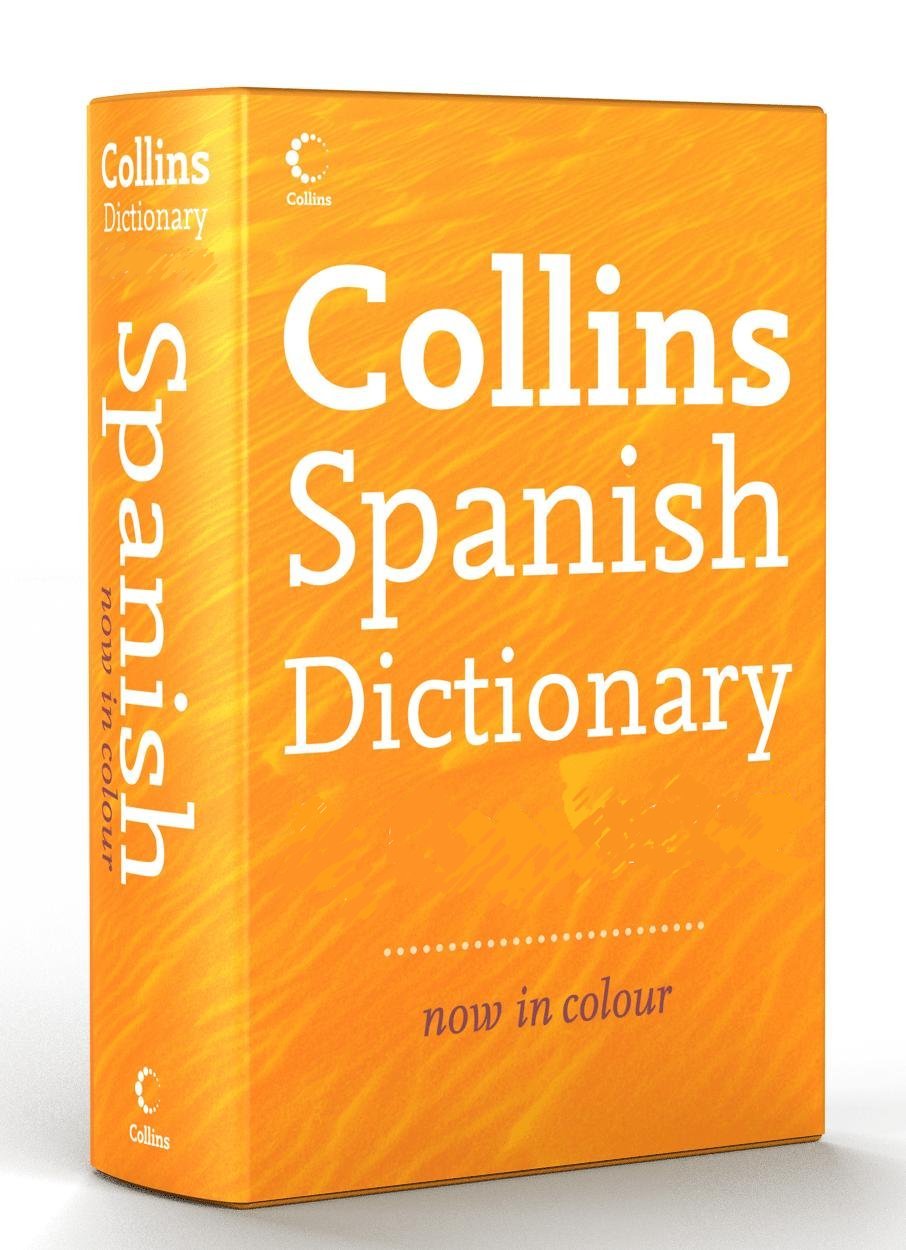Difference between Haber and Tener

There are thousands of languages in the world with their own structures. The differences in the way they are spoken add a lot of flavour and fun factor to them. However, each language has some common traits that are universal across the board.
Spanish is one of the more spoken languages in the world. Although there are several dialects across the various Hispanic nations, the one dialect from Spain, the birthplace of the language, remains to be the most authentic one.
Spanish is indeed a sweet language that is rich with a lot of history associated to it. Its is well developed and complex as well and someone not entirely familiar with it can at times get very confused.
Two terms Haber and Tener are often a source of confusion for people who are learning the language. There is a good reason for that as well. Both the verbs mean ‘to have’ or ‘to possess’. Despite having the same meaning, there are subtle differences between the two as they are both used in a different sense.
Haber is used in a situation where the purpose is to describe an existence of something. On the other hand, Tener purely means to have or to possess, as in possessing an object.
Haber can be used in various tenses. Hay is its present tense and habia is used for its past tense when it is used to explain the existence of a person or an object. Tener is used for the purpose of expressing possession and also helps in expressing idioms in different states of being and emotions.
Instructions
-
1
Haber
It is an auxiliary verb as well as an impersonal verb at the same time. It is used in different senses under different situations in Spanish. As an auxiliary verb, it is used in the sense of ‘to have’. It is also used in various senses to describe the existence of an object or a person.
Image Courtesy: perfectmemorials.com

-
2
Tener
It is used as a transitive verb, auxiliary verb and as a reflexive verb in Spanish. It is generally used to explain the possession of an object.
It is also used in various idiomatic expressions in Spanish. It means ‘to have’ but gives more of a sense to ‘possess’ or ‘to own’.
Image Courtesy: spanishtechbook.weebly.com







